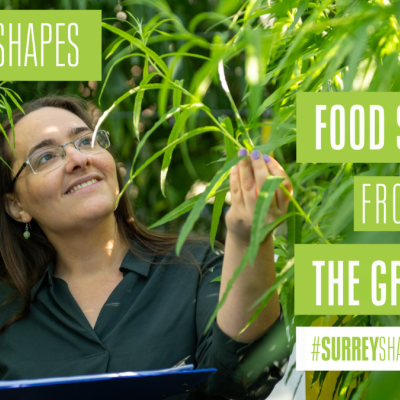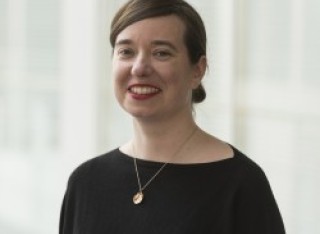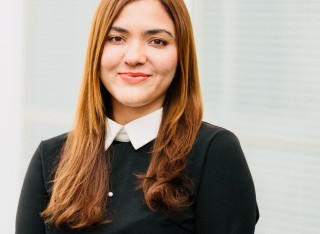Read a selection of research stories about Surrey research transforming lives and changing the world for the better.

£1.4m project to assess whether vertical farming can strengthen the UK's food system
Can vertical farming be the key to improving and safeguarding the United Kingdom's food system? This is the central question behind a new research project led by the University that has been awarded £1.4 million by UK Research and Innovation (UKRI).
Can vertical farming be the key to improving and safeguarding the United Kingdom's food system? This is the central question behind a new research project led by the University that has been awarded £1.4 million by UK Research and Innovation (UKRI).
University of Surrey news
Media Contacts
The Media team links journalists with Surrey’s leading academics, groundbreaking research and other news from across the University.
- Email: mediarelations@surrey.ac.uk
- Out of hours: +44 (0)7773 479911.
If you’re seeking a specialist to provide an expert opinion or commentary on news agendas, please get in touch.
Find an expertStay connected
Latest tweets
@UniSurreyNews








